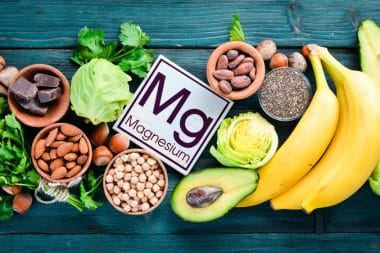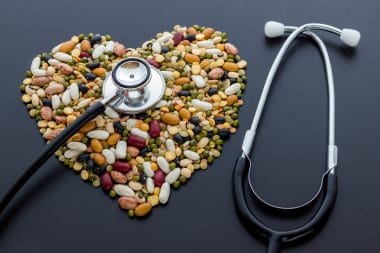Vegetarian diets have been praised recently as the pinnacle of health. They offer many benefits to those who abide by their rules, but they are not for everyone. Vegetarian does not necessarily equal healthier, and each body is different and requires different things. There are important factors to consider when deciding which diet is correct for you. For instance, if you are looking to lose weight, a vegetarian diet may seem like the answer. However, some people actually gain weight on vegetarian diets due to high white carbohydrate intakes.
Each diet has it’s pros and cons and you simply have to decide what is best for you. While a vegetarian diet can be high in vegetables, which are nutrient dense, low-calorie foods, they can also be high in carbohydrates. They can cause anemia, low vitamin D and A levels, and other nutrient deficiencies. A pesco-lacto-ovo diet can provide valuable fish oils, and a regular omnivorous diet provides pure protein from meat without the added carbs. Overall, you have to do what is best for your own body. You should look at yourself, your preferences, your genetics, your medical history, and your lifestyle and make an appropriate decision based on these factors. There is no one magic diet that will fit each and every person.
What To Know Before You Go Vegetarian Or Vegan: You can combine foods to get adequate protein #HealthStatus
Follow HealthStatus
Tweet Now
Key Points:
- 1Regardless of whether you are going vegan or vegatarian, the key thing to do is identify the “why” behind the choice in order to be more aware and more informed of the healthy choices you will make.
- 2Vegans do not eat animal byproducts, where as vegatarians extend the restriction further by including hyvrid foods like dairy, eggs and fish, which is good because of the nutritional density recieved.
- 3Vegatarians, while typically healthier, often are deficient in iron and Vitamin B, with a higher chance for developing anemia. Vegans are more likely to be deficient in vitamins A and D.








Reply